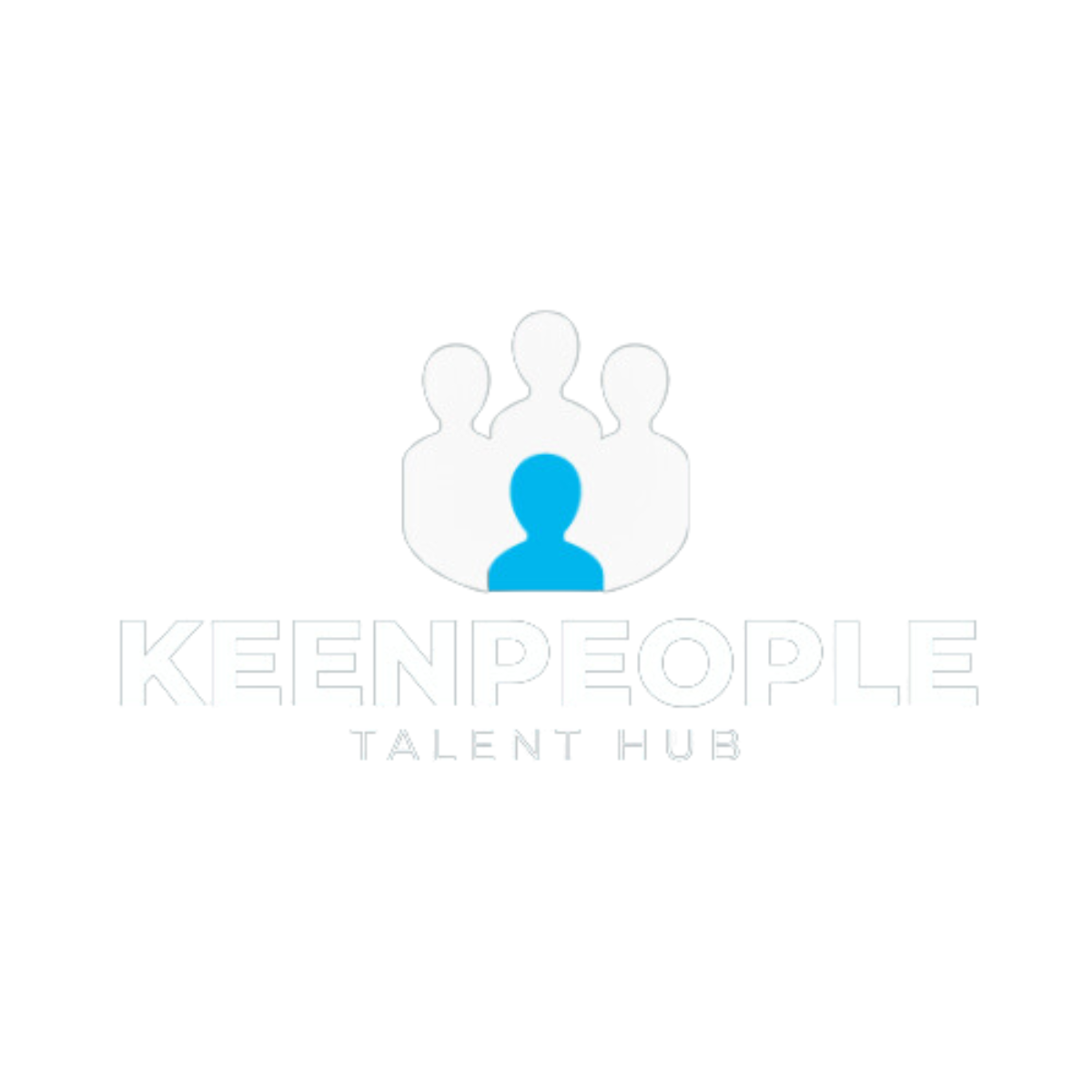The CV has always been the go-to for employers to get a snapshot of a candidate’s qualifications. But here’s the thing: as useful as it is, a CV doesn’t always paint the full picture. With so much talent out there, it’s easy for the real potential to get lost in a list of job titles and qualifications. So, how can employers dig a little deeper to find the hidden gems? The answer lies in looking beyond the CV.
One way this is happening is through candidates’ digital presence. It’s no longer enough to just have a LinkedIn profile. Many professionals are now taking the extra step of showcasing their skills and work through personal websites or online portfolios. This is a great opportunity for candidates to show off their expertise beyond what’s written on their CV. If you’re a candidate, it’s worth investing in curating an online presence that truly reflects who you are—whether that’s sharing industry insights, posting about recent projects, or offering your thoughts on new trends. It’s a much richer way for employers to get to know you than a traditional CV can offer.
Employers, on the other hand, are also looking beyond the CV. Many are turning to tools like skill assessments and video interviews to get a better sense of a candidate’s abilities. These tools are great because they allow candidates to demonstrate their skills in real-time, something a CV just can’t do. For example, a video interview gives employers a glimpse of a candidate’s communication skills, how they interact with others, and their overall fit for the company culture. Skill assessments let employers see how candidates approach problems, which is much more valuable than a simple list of qualifications.
It’s not just about technical expertise anymore—soft skills are becoming just as important. In today’s hybrid and remote work environments, employers need people who can communicate well online, work independently, and handle challenges without much oversight. These are the kinds of skills that don’t always show up in a CV, but are absolutely essential for success in today’s workplace. As a candidate, don’t forget to highlight your ability to collaborate remotely, solve problems on your own, and communicate effectively, even when you’re not face-to-face with colleagues.
And let’s not forget the growing push towards diversity in recruitment. More employers are recognising that talent doesn’t always fit the traditional mould, and they’re starting to open up their search to a wider range of candidates. This includes people with non-linear career paths, those who might have gaps in their CV, or candidates whose experience doesn’t match a job description exactly. Hidden talent can often be found in unexpected places, and by broadening their search, employers are starting to find new perspectives and skills they might have missed before.
Finally, the pace of change in many industries means that a candidate’s willingness to keep learning is more important than ever. If you want to stay competitive, upskilling is crucial. For employers, it shows that candidates are committed to growth, which is a great sign in today’s rapidly evolving job market. For job seekers, it’s a chance to demonstrate your ability to adapt and learn new things, which can really set you apart from others.
So, when looking for talent, it’s important to remember that the best candidates are often the ones who don’t fit neatly into a CV. By broadening your search, embracing new recruitment tools, and looking for soft skills, you’re much more likely to uncover the kind of talent that will help your business grow in ways you didn’t expect. And for candidates, it’s all about showing the full scope of what you bring to the table—because talent isn’t just what you’ve done, it’s how you keep growing.










